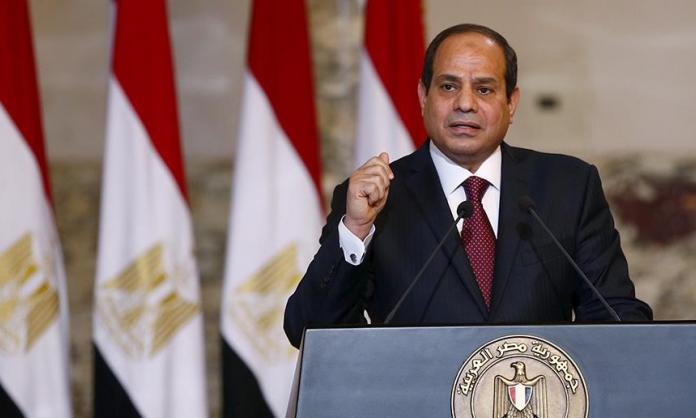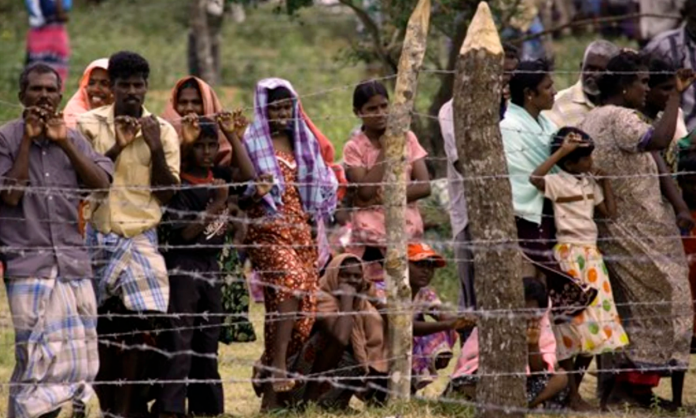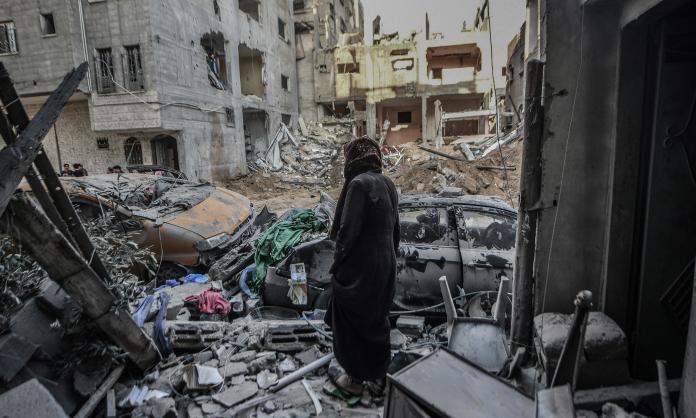Middle Eastern supporters of Palestine have long bemoaned the failure of Arab leaders to take a strong stance against the Israeli occupation. It’s easy to see why.
Every time Israel ramps up its brutal oppression of the Palestinians, its Western allies snap into action. Leaders of countries like Australia, Germany, France, the UK and the US send passionate messages of support. The media go into overdrive, amplifying the racist narratives that justify Israel’s crimes and doing their best to distort the fact that Israel is the oppressor and aggressor. Billions of dollars’ worth of emergency aid gets rushed through parliaments to assist the Israeli army in its genocide.
While all this support is given to Israel, governments of the predominantly Arab and Muslim states sit twiddling their thumbs. This deplorable passivity was on display at the recent special combined conference of the Arab League and the Organisation for Islamic Cooperation. Promoted as an urgent and “extraordinary gathering” in response to the massacre in Gaza, the conference met for just one day. After much shouting and gesticulation, the only concrete demand from these eminent representatives of the Arab and Muslim world was the “convening of an international peace conference, as soon as possible”. The Israelis will be shaking in their boots.
To be fair, there was more to their motion. While they patiently wait for Israel to finish its genocidal attack on Gaza, the leaders committed to “supporting Egypt’s efforts to deliver aid to the Strip”. This sounds all well and good, except if you know that Egypt controls and constrains the woefully inadequate aid that currently passes through the Rafah crossing into Gaza. Similarly, Egypt has helped the Israelis maintain the siege on Gaza for the last seventeen years.
But with that piece of breathtaking cynicism—followed by the obligatory feast and photo opportunities—another successful gathering of the Arab and Muslim world was complete.
Little wonder that Palestinians and their supporters rage against these pathetic gatherings. The fiery rhetoric heard at such events is never followed by any real action, either in terms of practical solidarity with the Palestinian people or in pressuring the West to stop the atrocities.
It’s not as if the Middle East can’t hold anything over Israel and its imperial allies. Arab and Muslim countries control the bulk of the world’s known oil reserves; Saudi Arabia and Iraq alone control more than 21 percent of daily oil exports. This gives these countries enormous leverage.
But it’s not just oil. The Suez Canal, owned and operated by the Egyptian government, is vital to global trade. A report by the New Zealand embassy in Cairo estimates the value of goods transported through the canal to be US$1 trillion a year, which represents about 30 percent of global shipping trade. When it was cut off for just six days due to an accident in 2021, the cost to the world economy was an estimated $9.6 billion a day, according to data from Lloyd’s List.
So why don’t Arab and Muslim leaders actually use any of this power?
Because they don’t want to. As participants in a global system of capitalism and imperialism, their success rests on its overall stability and profitability. This is why most of them are aligned with the US, which is the most powerful player on the world stage. Like any other part of the global ruling class, Arab and Muslim leaders do not believe in ethnic, national or religious solidarity. Their only commitment is to profit and power—especially their own. And if that means allying with the US and Israel, then so be it.
As well, they lead countries scarred by endemic poverty and inequality, where women and various minorities are denied their basic rights. Why would the crown prince of Saudi Arabia or the president of Turkey care about Palestinian oppression when they violently oppress the Shia and Kurdish minorities in their own countries? This applies equally to the Islamic dictatorship in Iran. Despite their superficial hostility to the US and Israel, why would the reactionary mullahs risk their extensive domestic and regional power to defend Palestine? These regimes might occasionally talk about the oppression of Palestinians to give themselves a popular gloss, but they will never put anything on the line to end it.
Of course, they’re not alone in this approach. Western leaders did nothing to prevent the holocaust in Nazi Germany nor the genocides in Rwanda and Armenia, despite using these terrible atrocities to justify their imperial agendas. The common thread is that ruling classes can never be relied on to fight for justice.
So yes, we should be angry at Arab and Muslim leaders for failing to respond to Palestinian calls for solidarity. But we should not be surprised. Their inaction is not a result of bad policy, but of their position as ruling powers trying to govern a system predicated on exploitation, competition and war. For the Arab and Muslim world to genuinely show meaningful solidarity with the Palestinian struggle for liberation, it will first need to free itself from the corrupt and self-serving capitalist elites.








